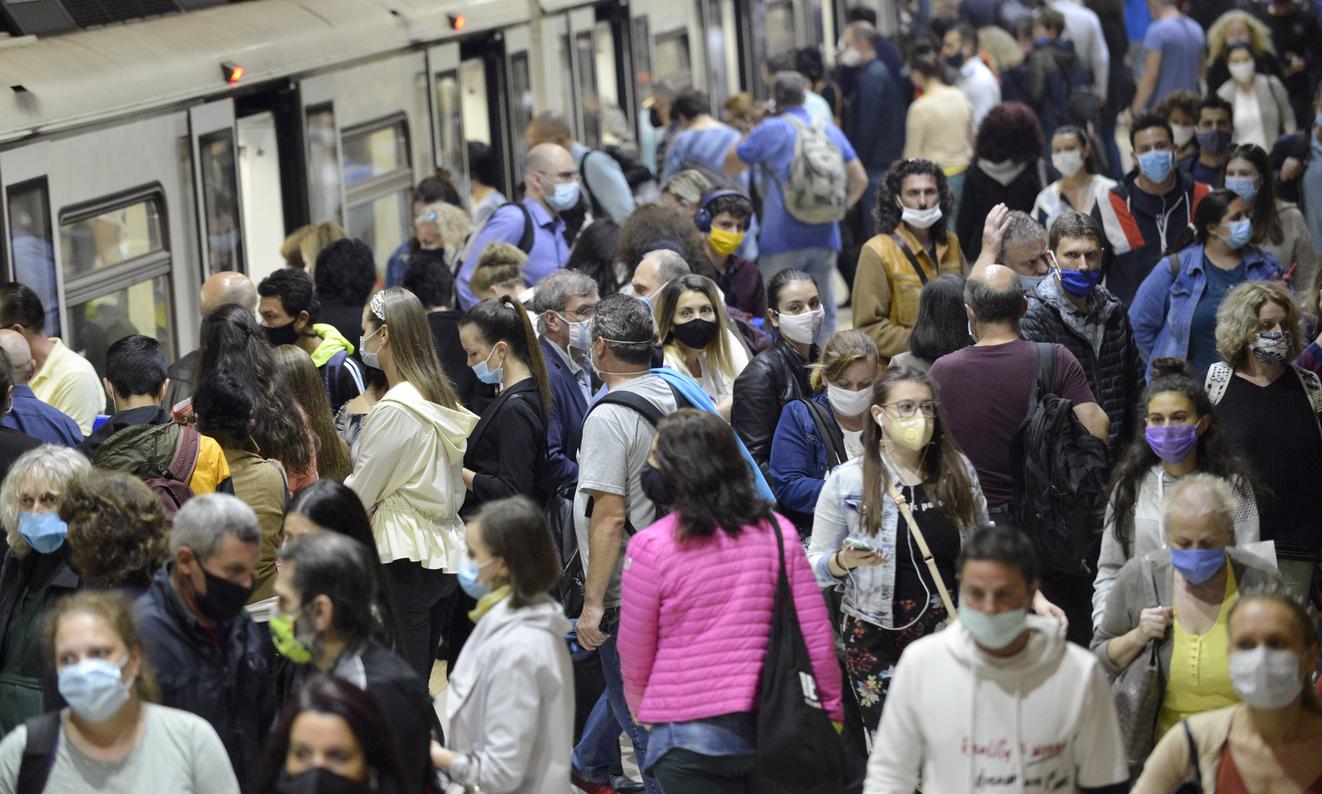While coronavirus contaminations have stopped increasing on April 7, but hospitalizations remain on the rise, Why Doctor takes stock of the latest information on Covid-19.

- In France, the number of contaminations by the coronavirus begins to stagnate but that of hospitalizations remains on the rise
- The Minister of Health has announced the opening of the 2nd vaccination booster for people over 60
- On April 6, a group of women suffering from menstrual disorders since the injection of the vaccine against the coronavirus was received in the Senate. Patients demand recognition of these adverse vaccine effects
161,950. This is the number of new positive cases for coronavirus detected in France, as of Wednesday April 6, according to data from Public Health France. This figure fell by 4% compared to the 169,024 contaminations recorded on Wednesday March 30. On the other hand, the number of people hospitalized for a Covid-19 infection continues to increase. Health establishments now have 23,014 patients infected with the virus, or 1,948 more infected patients than the day before. Among these French people admitted to hospital, 1,561 are in critical care.
“We have passed the peak of the epidemic rebound. As the scientists had anticipated, as we had moreover announced, we reached a peak of the epidemic rebound a few days ago. It has been falling for five days now. (…) I’m not saying that the epidemic is behind us. I continue to tell the French to protect themselves during the period. 150,000 contaminations per day, that’s not nothing”, declared Olivier Véran at the microphone of RTLthis April 7th.
The opening of the fourth dose to over 60s
During this same interview, the Minister of Health announced the opening of the second booster dose to people over the age of 60 who are six months or more from their first booster shot against the coronavirus. He specified that this fourth dose was not obligatory and that it concerned “those who wish”. “We know that a second booster vaccination reduces the risk of hospitalization, resuscitation and death by 80%” among those over 60, assured Olivier Véran. He indicated that this extension of the second booster dose, which was until now reserved for people over 80, would concern 500,000 French people.
An increased risk of blood clots up to 6 months after infection
Other information concerning the effects of Covid-19 on the circulatory system: the risk of blood clots would be increased up to 6 months after infection, according to a Swedish study published in the journal British Medical Journal (BMJ) this April 7. Coronavirus would increase the risk of developing deep vein thrombosis (i.e. a blood clot in the leg) up to three months after infection, pulmonary embolism (i.e. a blood clot in the lungs) up to six months after contamination and the occurrence of a bleeding event up to two months after contracting Covid-19.
“The risk was highest in patients with comorbidities and patients with a severe form of the coronavirus. It was also higher during the first epidemic wave in Sweden than during the second and third waves”, can we read in the results of the work.
Fluvoxamine, an antidepressant excluded from treatments against Covid-19
Finally, on the treatment side, the National Medicines Safety Agency (ANSM) indicated in a press release published on April 5that fluvoxamine, widely used as an antidepressant, should not be used to treat coronavirus infection. “The data available to date, due to their methodological limitations, do not support a clinical benefit of fluvoxamine as a curative treatment for Covid-19 disease”, specified the health authority. She stressed the need to conduct comparative randomized clinical studies which could lead to the conclusion of the possible use of fluvoxamine against the virus.
.















